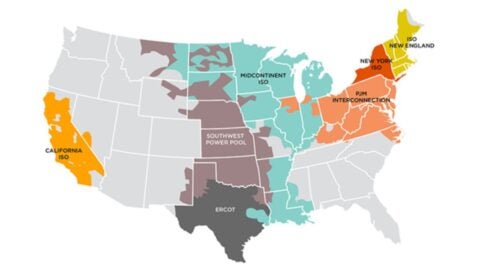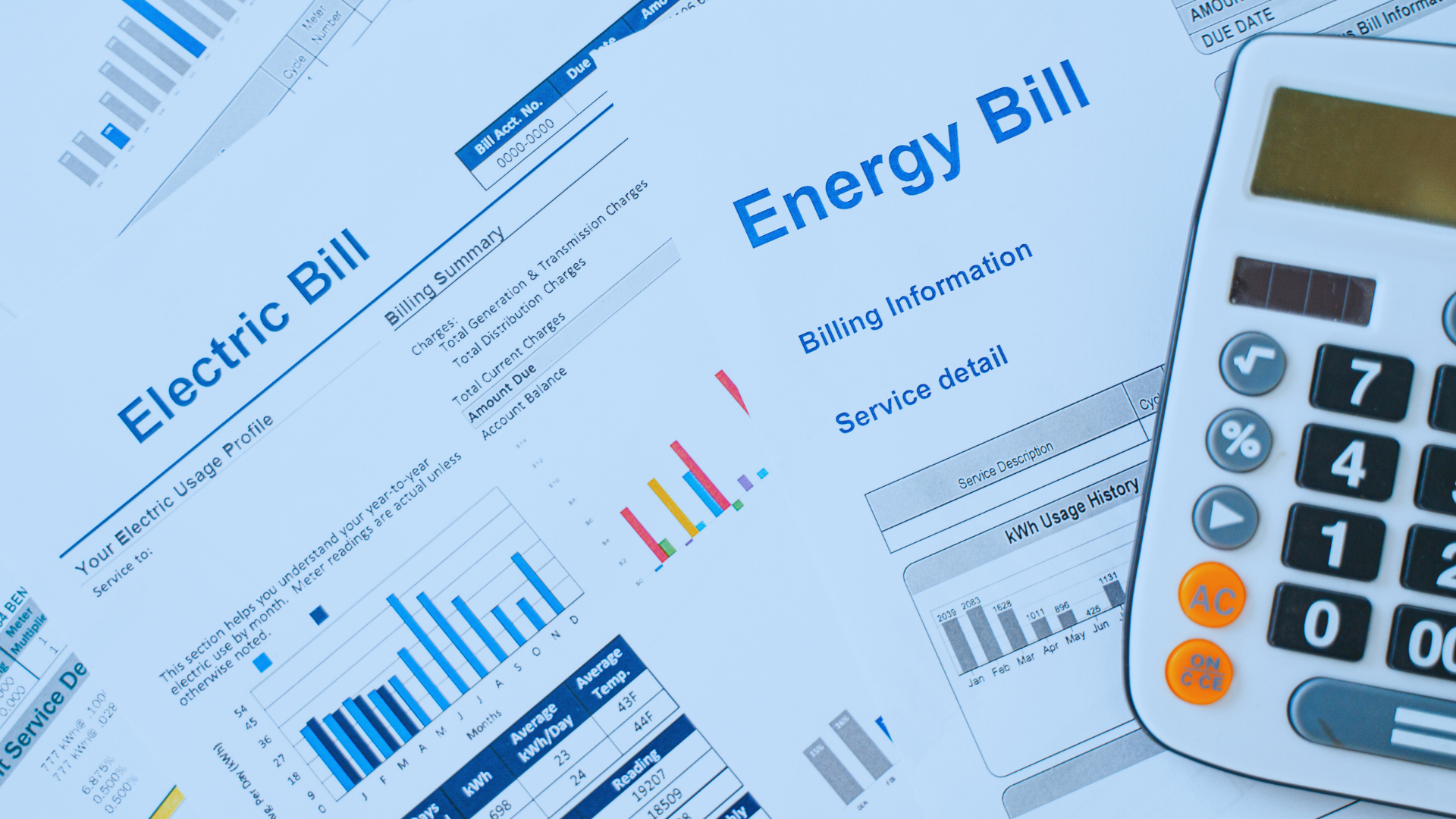Investment in Clean Energy is Cheaper than the Alternative
 This post is by Sheryl Canter, an online writer and editorial manager at Environmental Defense Fund.
This post is by Sheryl Canter, an online writer and editorial manager at Environmental Defense Fund.
Environmental Defense Fund President Fred Krupp has a compelling Op-Ed piece in today’s Wall Street Journal. He says that, “Solving global warming will be an added cost, yes – but a bargain compared with the economic cost of unchecked climate change.” The winners of the race to reinvent energy stand to make megafortunes. Here’s some of what’s in the works:
A Silicon Valley firm, Innovalight, has figured out a way to harvest solar energy much more cheaply than present technology allows by dissolving silicon nanocrystals in ink, which will ultimately be printed onto roof panels like we print ink onto paper. Using a platform they developed as postdoctoral students at Berkeley, the founding scientists of a company called Amyris have re-engineered yeast to ferment sugar into pure hydrocarbon fuels. Unlike ethanol, the fuel has the energy density of gasoline (or jet fuel, if that’s what they program the yeast to produce) and can be shipped through existing pipelines and pumped into any car now on the road.
A company called GreenFuel is working to make biodiesel from the algae that feed on the carbon dioxide from power plant smokestacks. The fastest-growing plants on earth, algae can double their mass in a few hours and produce orders-of-magnitude more biomass per acre than plants grown in soil. Founder Isaac Berzin is optimistic that, at commercial scale, he will cut capital costs enough to beat oil at $60 per barrel. Burning the algae fuel means the carbon has been used twice before being released, displacing greenhouse gas emissions from burning oil, and adding to the power company’s profitability when carbon is regulated.
But, Fred points out, “…without a strong economic incentive they won’t come to market at a speed and scale sufficient to beat the swift pace of global warming. The big money, the billions of dollars required to take these technologies to the necessary scale, remains on the sidelines, waiting until the U.S. Congress sets a cap on carbon and makes the rules of the game fair and clear.”
For more on the new energy technologies, check out the new book he co-authored with Miriam Horn, Earth: The Sequel.













3 Comments
First step, Kill all the lawyers end subsidies. Many of these businesses will have a hard time, but existing subsidies for oil, ethanol, etc. make things far-harder for them.
Sorry — my clever (html critical) lawyer joke failed. It was supposed to replace “kill all the lawyers” with “end subsides”…
[how about a preview button?]
It usually takes a disaster to get people moving on innovations plus monetary incentives. We should have had a replacement for gasoline engines in cars decades ago (think about it – what has really changed in cars since the Model T? Same steering wheels, 4 tires, internal combustion engines, etc). We tend to get lazy when we make too much money on old designs and have no incentive to change (TV sets are another thing that hasen’t changed until recently. We could have had flat panel sets 20 years ago, but there was no incentive). Big corporations are milking every single dime from the consumer on old designs before updating.